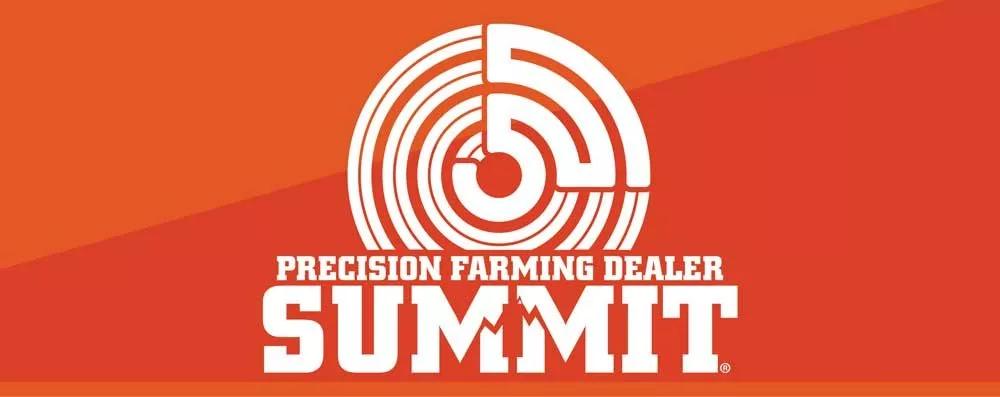Regardless of size, location or brand, the last year was an inescapable labyrinth of lessons for precision dealerships. From rapid adoption of remote support platforms — both for internal communication and external service — to salvaging the most adaptable business objectives to at least maintain the status quo.
But the reality for many of the 148 attendees at this year’s virtual Precision Farming Dealer Summit — held less than two weeks after the ceremonial calendar flip to 2021 — is that the socioeconomic hurdles provided as much opportunity as adversity.
“Whether we like it or not, the world has changed, and it will continue to change. Our ability to adapt to that change is going to determine how we come through,” Arlin Sorensen told attendees during his general session.
The founder of independent precision dealership HTS Ag in Harlan, Iowa, spoke at length about embracing change or risk extinction. The strategy isn’t a revolutionary one, and has certainly been emphasized during past PFD Summits.
But the topic seemed to carry more weight heading into the next 12 months as precision dealers try to anticipate and plan for ongoing change. As Owen Palm, CEO of 21st Century Equipment framed it during his session, “The pace of change has never been so fast and change will never be this slow again. For each of us to continue to be relevant to our customers, we all need to have a fundamental understanding of the quickly changing landscape of precision agriculture and agriculture, in general.”
Palm spoke on the dealership’s goal of “mainstreaming” its precision business throughout 21st Century’s 16 stores, a model which takes a holistic approach to assigning responsibility and embracing shared accountability for the success of not just the precision department, but the entire dealership.
Change is disruptive, and survival is dependent on whether a business lets itself be disrupted or creates the disruption. Chad Moskal, ag optimization specialist with Rocky Mountain Equipment, has been on both the bleeding and leading edge of the 36-ag location’s efforts to evolve its precision business for the last 5 years.
Even with a hybrid structure the Canadian dealership implemented in 2020, Moskal acknowledged during a management panel, it’s not perfect. But it is progressive and proven. When the dealership shifted to the standalone precision model in 2018, streamlined management, centralized direction and what Moskal refers to as “the McDonald’s philosophy” became benefits.
“Customers should be able to walk into any of our stores that have an AOS person and get the same type of support, customer service and knowledge they do in any other store,” he says. “We want to be very cookie-cutter when it comes to certain things — knowledge, training, support — aspects we take great pride in promoting within our precision group.”
So as you absorb the advice and insight shared by the speakers during the 2021 Precision Farming Dealer Summit, take time to think about how your business could change in the next year and what you can do today to be ready for it.
“Nobody likes change — that’s the bottom line,” Sorensen says. “But that doesn’t mean there’s not opportunity — and that opportunity is likely going to come when we do things that are different.”
Training an Entire Dealership to be Precision SavvyPreparing Your Dealership to Sell & Service Autonomous EquipmentManage the Minutia of a Precision Business to Achieve Measurable GrowthNobody Knows it All, But it Pays to Have a LifelineChange is Key to Survival for Precision Farming Dealers







